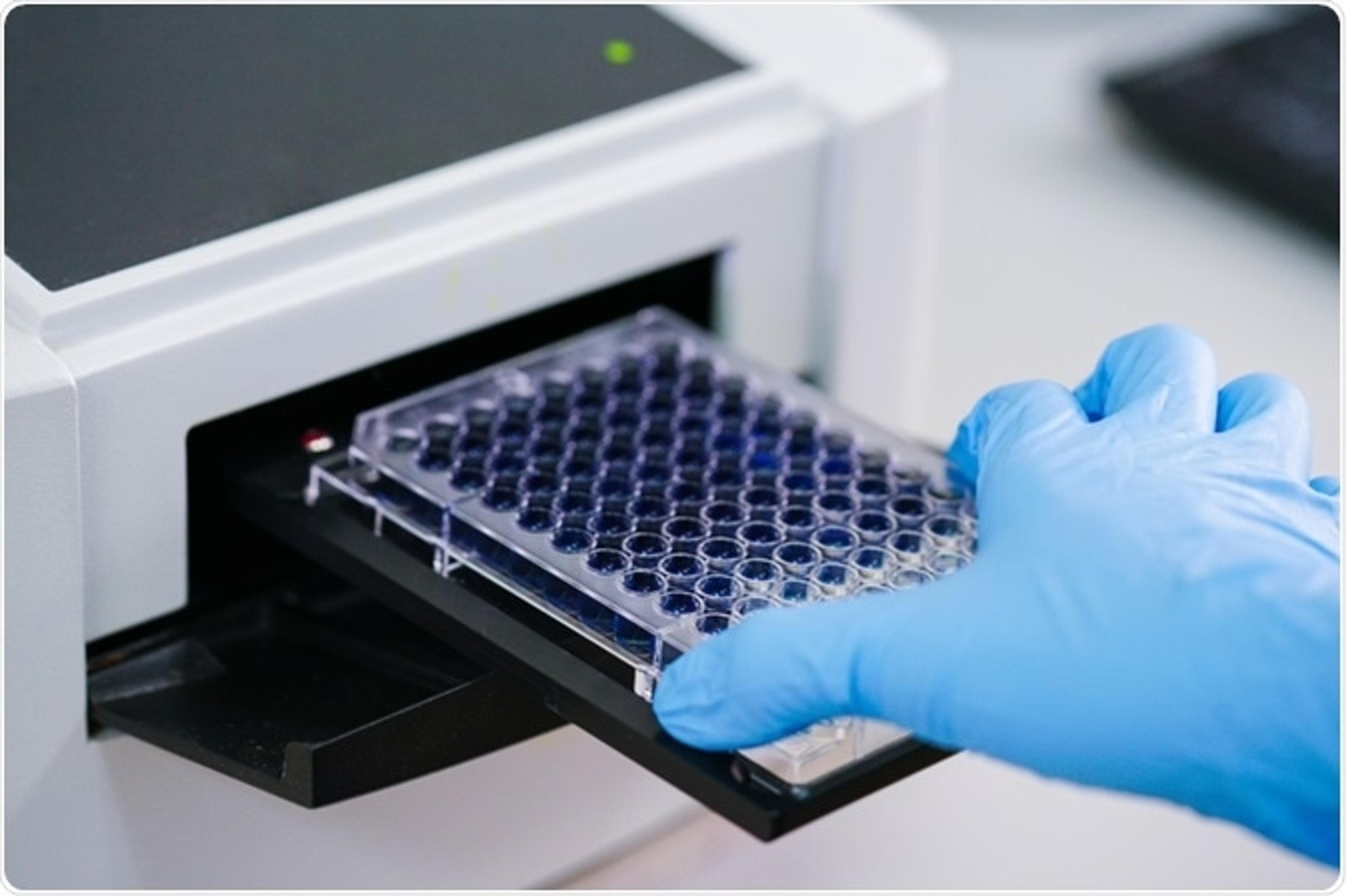Consistent, reproducible immunoassays: How recombinant antibodies can make your assays work for you
The immunoassay suite from Abcam utilizes recombinant antibodies for greater consistency, sensitivity, and specificity
31 Oct 2022

Bioassays are an essential and commonly used tool in life science research. Good assays require reliable, consistent, and specific antibodies to produce accurate and reproducible results. Recombinant antibodies have many advantages, including their specificity and reproducibility1, and their use in assays can help to overcome common problems researchers may encounter, ensure consistency across assay runs, and reduce the requirement for repeated and lengthy assay optimization.
In this article, Andrew Ball, VP Assay Development at Abcam talks with SelectScience® about the important role that recombinant antibodies play in assays, and how customers’ needs drive the direction of Abcam’s immunoassay development.
Recombinant antibodies for improved assays
A lack of reliable reagents, including antibodies, can have a large impact on the outcomes of research and its overall progress. As Ball elucidates, “The reproducibility crisis in life science is still a huge challenge; studies have shown that the biggest reason for experimental failures is due to reagents not working as intended2.”
These failures can lead to unacceptable delays in generating results and a waste of resources. This, explains Ball, is why his team at Abcam works hard to help researchers, “Abcam’s core purpose is to enable scientific breakthroughs by helping life scientists to achieve their mission, faster.”
To achieve this goal with their immunoassays, Abcam employs a robust development and screening process to ensure that researchers can access optimum recombinant antibodies for their assays. “We want to make sure scientists achieve the outcomes they need quickly and get the right result, first time, every time,” says Ball. “So, we’ve spent a lot of time simplifying and shortening assay workflows, without compromising assay robustness.”
The process of developing antibodies and immunoassay kits is greatly driven by the challenges that researchers face and the biomarkers they are working with. As Ball attests, “We spend as much time as possible speaking with and listening to assay users to understand their objectives and desired outcomes. Generating reliable data at speed with minimal complexity is usually key to users achieving their goals. To address that need, Abcam has built a large, interconnected suite of assay solutions based on its recombinant monoclonal antibody technology.”
Robust antibody development and screening
Recombinant antibodies have the potential to improve assay specificity and reproducibility, but still require robust development processes to ensure the best quality end products. Every stage is carefully considered and optimized to produce products researchers need, as Ball explains, “From matched antibody pairs to singleplex and multiplex immunoassays, we use high-quality starting materials that are specifically designed to work together and perform consistently for the long term. By simplifying workflows, and performing extensive optimization and assay verification, we’re able to provide robust, reliable solutions, letting our users spend more time on their research, and less time trying to identify and source appropriate reagents.”
Our assay technologies give researchers the flexibility to easily design the assay they want, at the scale they need, with the confidence of consistency between batches of reagents.
Andrew Ball Abcam
Ball shares some insight into the process Abcam uses when developing recombinant antibodies for assays and their immunoassay kits, “We have developed, and continue to develop, a large portfolio of matched recombinant rabbit monoclonal antibody pairs. Over 1,500 pairs are currently available, which are specifically designed to work together in sandwich immunoassays. We evaluate multiple clones per target and screen them for optimum performance, including specificity, immunoassay sensitivity, and ideal orientation for sandwich ELISAs. Once we’ve selected the best pairs, they’re screened with appropriate biological samples to ensure specificity in complex matrices.”
“Having extensive data on the antibody pairs helps a great deal,” continues Ball. “Pair selection is probably the most difficult and time-consuming step in immunoassay development. From that great starting point, we optimize and test the assays for many parameters, including precision, dilution linearity, interference and cross-reactivity, and biological specimen suitability.”
These recombinant antibodies, Ball says, can be “great starting material for people who want to or need to build their own assays.” They are also used within a range of assay kits, as he explains, “Within Abcam, most of our matched antibody pairs are used to build immunoassay kits, for example, SimpleStep ELISA® and FirePlex® product lines. We optimize these assays to ensure that they have the best possible sensitivity, a broad range of detection, and are highly reproducible.”
Ball concludes, “All-in-all, our assay technologies give researchers the flexibility to easily design the assay they want, at the scale they need, with the confidence of consistency between batches of reagents. This means that researchers can spend their time answering the questions that are important to them and moving their research forward. If our customers are succeeding in their research and feeling a strong level of trust in Abcam, I’m happy.”
You can hear Andrew Ball speak more about the Abcam assay kits and the need for robust assays, in this on-demand webinar >>
References
Basu, K. et al. (2019). Why recombinant antibodies – benefits and applications. Curr Opin Biotechnol. Dec; 60: 153–158. doi: 10.1016/j.copbio.2019.01.012
Freedman LP, Cockburn IM, Simcoe TS (2015). The Economics of Reproducibility in Preclinical Research. PLoS Biol Jun 9;13(6): e1002165. https://doi.org/10.1371/journal.pbio.1002165; pmid:26057340

